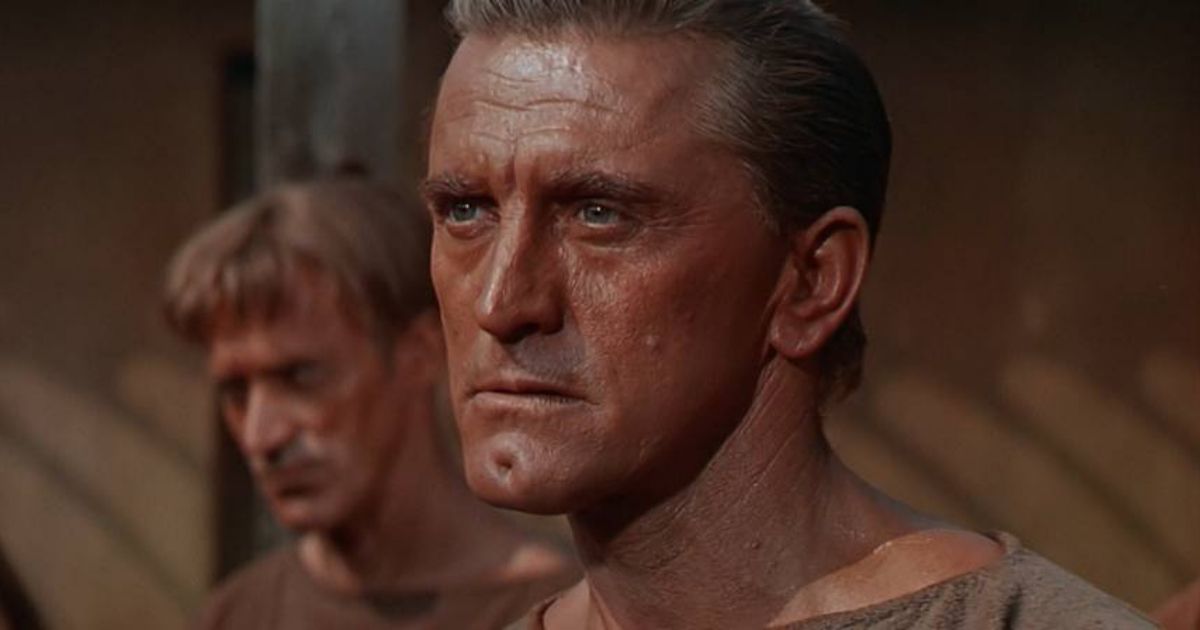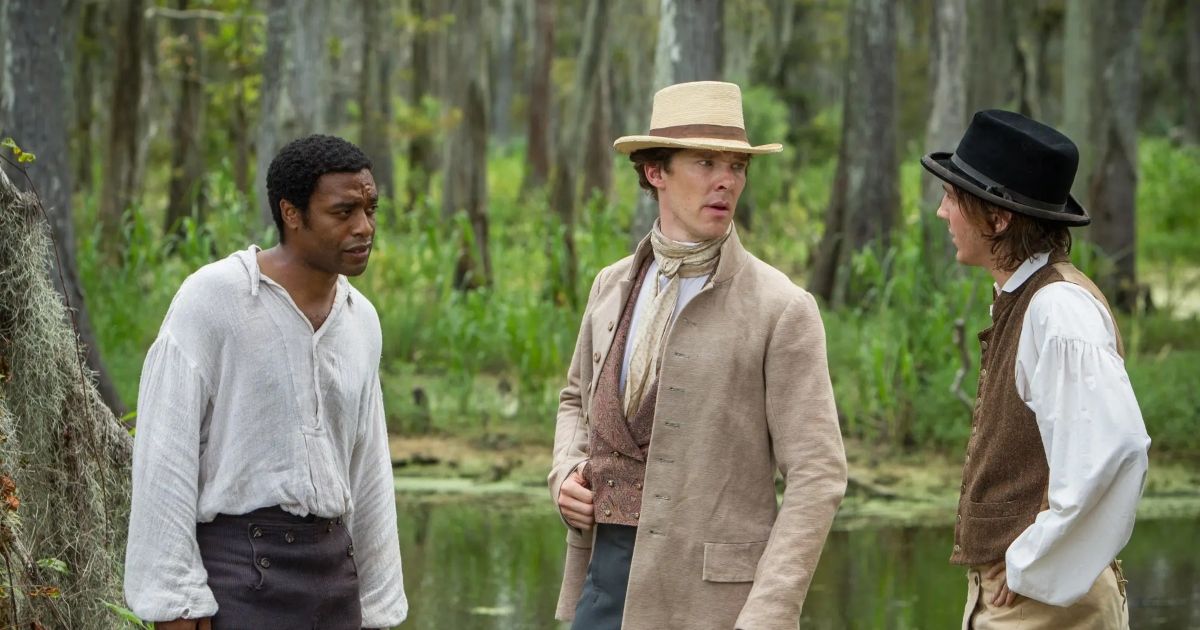"I am naturally anti-slavery. If slavery is not wrong, nothing is wrong. I cannot remember when I did not so think, and feel," declared President Abraham Lincoln in April 1864, less than a year before the American slave trade was abolished under his premiership. Yet, 157 years later, slavery is still by no means eradicated; according to the charity Anti-Slavery International, there is still a staggering 50 million people entrapped in modern slavery around the world. The trade has and forever will leave a blotch on societal conscience, a heinous, inhumane evil that is almost unimaginable to those in today’s civilized societies.
Thanks to cinema, we’ve been enlightened by on-screen portrayals of the true extent, brutality, and godlessness of the traders, owners, and perpetrators who profited from the cruel acts of tearing communities apart, by forcefully uprooting and commodifying free people and shipping them to wealthy regions around the world. With Gina Prince-Bythewood’s latest movie, The Woman King, set against the backdrop of the European enslavement of the people of Dahomey, as well as Antoine Fuqua’s new film Emancipation in the works, it is clear that there is still no shortage of harrowing stories still to be told. With that, here are just some of the most honest movies about the horrors of slavery...
Amistad
Spielberg sets sail in his 1997 movie, Amistad, starring Djimon Hounsou, Morgan Freeman, Anthony Hopkins, Matthew McConaughey, and Chiwetel Ejiofor, the movie follows the story of a Spanish slave ship, La Amistad, heading for Cuba. Those enslaved spark a mutiny on board, led by Joseph Cinque (Hounsou), and successfully capture the ship and plan to sail it back to Africa. Cinque and his fellow countrymen entrust La Amistad’s navigators to plot a safe passage home, only to be betrayed.
Lincoln
Steven Spielberg’s two-and-a-half-hour epic won Daniel Day-Lewis his second Academy Award. The Phantom Thread actor stars in the titular role of the 16th President of the United States, Abraham Lincoln. The film concerns the latter period of the former president’s life as he attempts to unite a warring nation and bring an end to the devastating disease that was slavery, that ravaged the lives of so many. Lincoln represents a turning point in American (and world) history, an exploration of how abolition was achieved while also being right in the midst of a civil war.
Gladiator
Ridley Scott’s Gladiator isn’t a film that would immediately jump out as your typical film on slavery. Though, Scott’s representation of the slave trade within the Roman Empire is of accurate origin, with most gladiators brought to the arena in shackles and owned by the rich and powerful. Maximus (a great Russell Crowe) is a celebrated war hero with distinguished service to Emperor Marcus Aurelius, who offered him the title of Caesar following his death, despite his own son, Commodus (a wicked Joaquin Phoenix), being next-in-line.
Following Marcus’ demise via the hand of his own son, Maximus is sold into slavery and so his adventure as a gladiatorial entertainer begins. Gladiator is an undeniable epic, in scale, narrative, and critical reception. From the set-pieces in the Roman amphitheaters to the huge emotions and performances on display, it's a heartbreaking but honest example of how slavery is the byproduct of power, corruption, and the fears and jealousies of the people in charge.
Django Unchained
Jamie Foxx stars alongside Christoph Waltz and Leonardo DiCaprio in Quentin Tarantino’s punchy Western Django Unchained. Dr. King Schultz (Waltz), a bounty hunter posing as a dentist, frees Django Freeman (Foxx) in return for his help identifying three wanted criminals. Subsequently, the pair team up and embark on a mission to locate Django’s wife, Broomhilda (Kerry Washington), a slave at the infamous Candie Plantation, run by the devilish Calvin Candie (DiCaprio).
Django Unchained is a picture that oozes style but backs it up with an abundance of substance. Jamie Foxx plays a slave reborn, empowered by his freedom, he’s feasibly the first man to ever make a prince aristocrat outfit look cool. Much was made prior to Django Unchained, of how Leonardo DiCaprio was yet to scoop an Academy Award, and while that wasn’t to come until three years later with The Revenant, his performance as the depraved Calvin Candie certainly deserved Oscar recognition.
Spartacus (1960)
Stanley Kubrick was all too familiar with the word “epic,” and his 1960 film Spartacus featuring the phenomenal Kirk Douglas and Laurence Olivier is precisely that. It is a story of bravery, courage, and vigor, which follows Thracian Spartacus (Kirk Douglas), a man enslaved his entire life, who takes a stand against his authoritarian owners, and is consequently sold to Batiatus (an Oscar-winning Peter Ustinov), a gladiator trainer. Spartacus’ life changes after he and his fellow gladiators escape their captors.
A film that was deeply allegorical for the time (written by a blacklisted author about the McCarthy witch hunts), Spartacus remains a timeless depiction of the cruelties of the proverbial State, the inherent dignity of the individual, and the power that powerless people can create from unity.
12 Years a Slave
12 Years a Slave is a poignant yet horrifyingly disturbing depiction of slavery 20 years prior to its abolition. Based on the memoir of Solomon Northup, director Steve McQueen’s screen adaptation provides possibly the most comprehensively graphic illustration of the sheer scale of the atrocities of slavery. A free man and musician, Solomon (Chiwetel Ejiofor) lives in the state of New York with his wife and children but is drugged, taken to Washington D.C., and sold into slavery.
His protestations fall on deaf ears, and while he’s initially sold to a relatively forgiving man, Mr. Ford, the unscrupulous and pathetically evil plantation carpenter John Tibeats takes a disliking to him, and soon Solomon is moved on to work for the menacingly brutish Mr. Epps. It’s at Epps’ plantation that Solomon endures the most persistent emotional and physical abuse at the hands of his slaver.
12 Years a Slave is littered with spellbinding performances. Chiwetel Ejiofor as Solomon Northup puts in a flawless display as a man who, despite the tyrannical circumstances he has been placed under, is resolute and unwavering in the face of extreme adversity. Michael Fassbender is terrifying as Mr. Epps, the face of thousands if not millions of evil slave owners over centuries, with this malevolent, crazed glaze over his eyes, and utter contempt for the human lives under his cruel jurisdiction. Lupita Nyong’o, Benedict Cumberbatch, Brad Pitt, and Paul Dano put in equally emphatic showings. In typical McQueen fashion, no punches are pulled, and no detail is spared — we are exposed to the horrors that were carried out and the inherent racially fueled prejudice of the trade itself. You may not want to watch it again, but everybody should see it once.

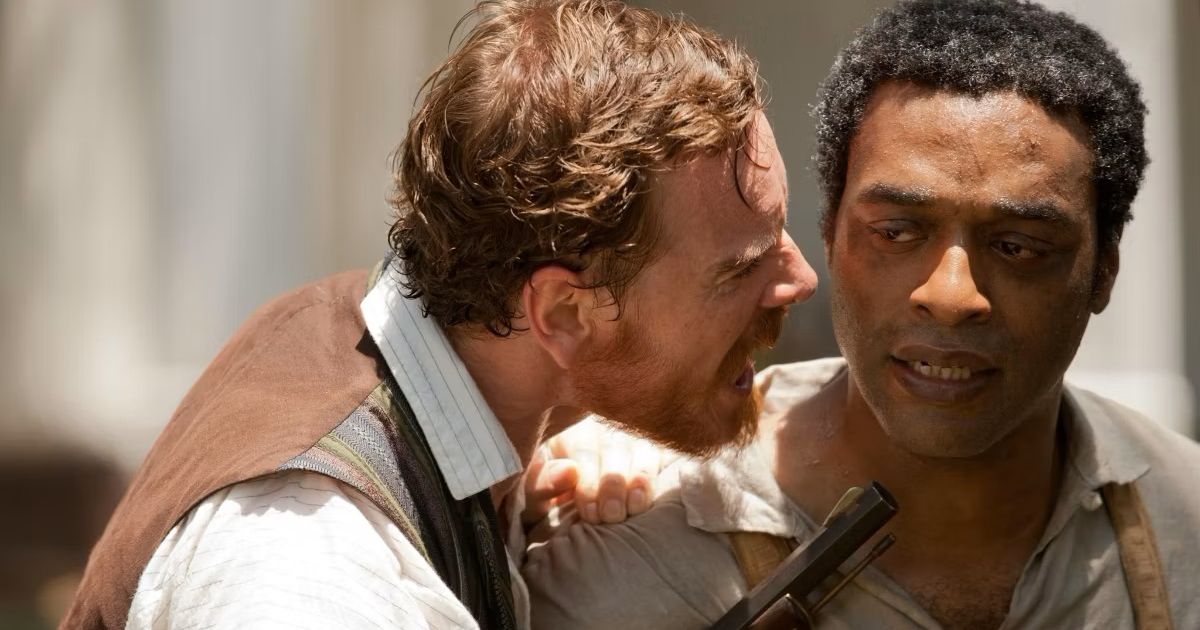
.jpg)
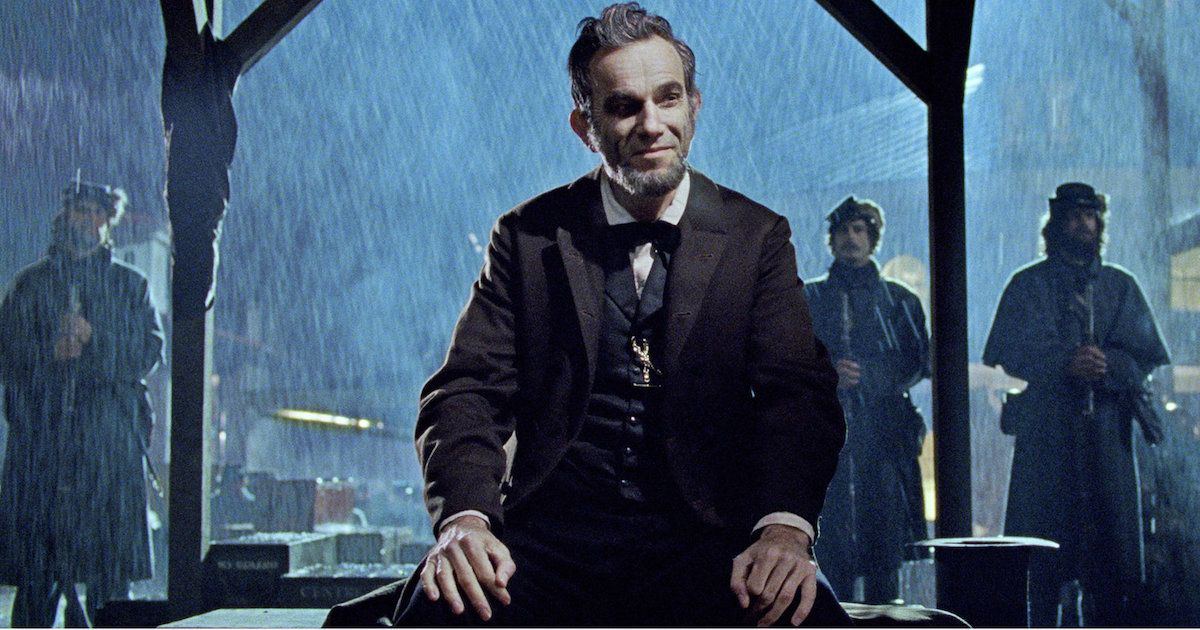
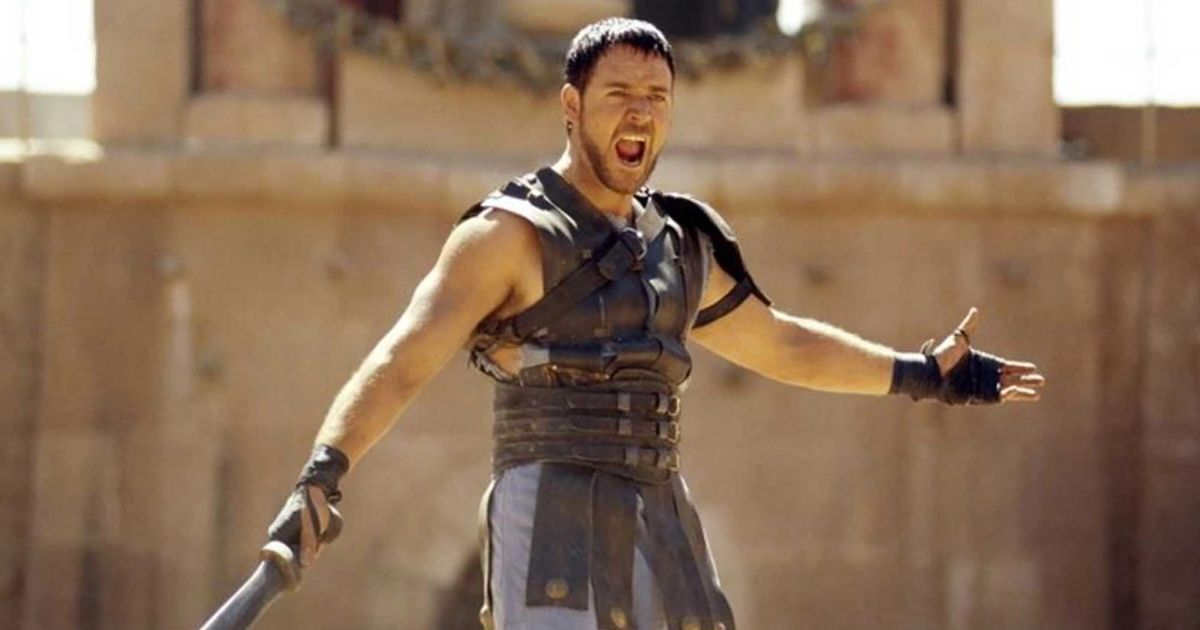
.jpeg)
